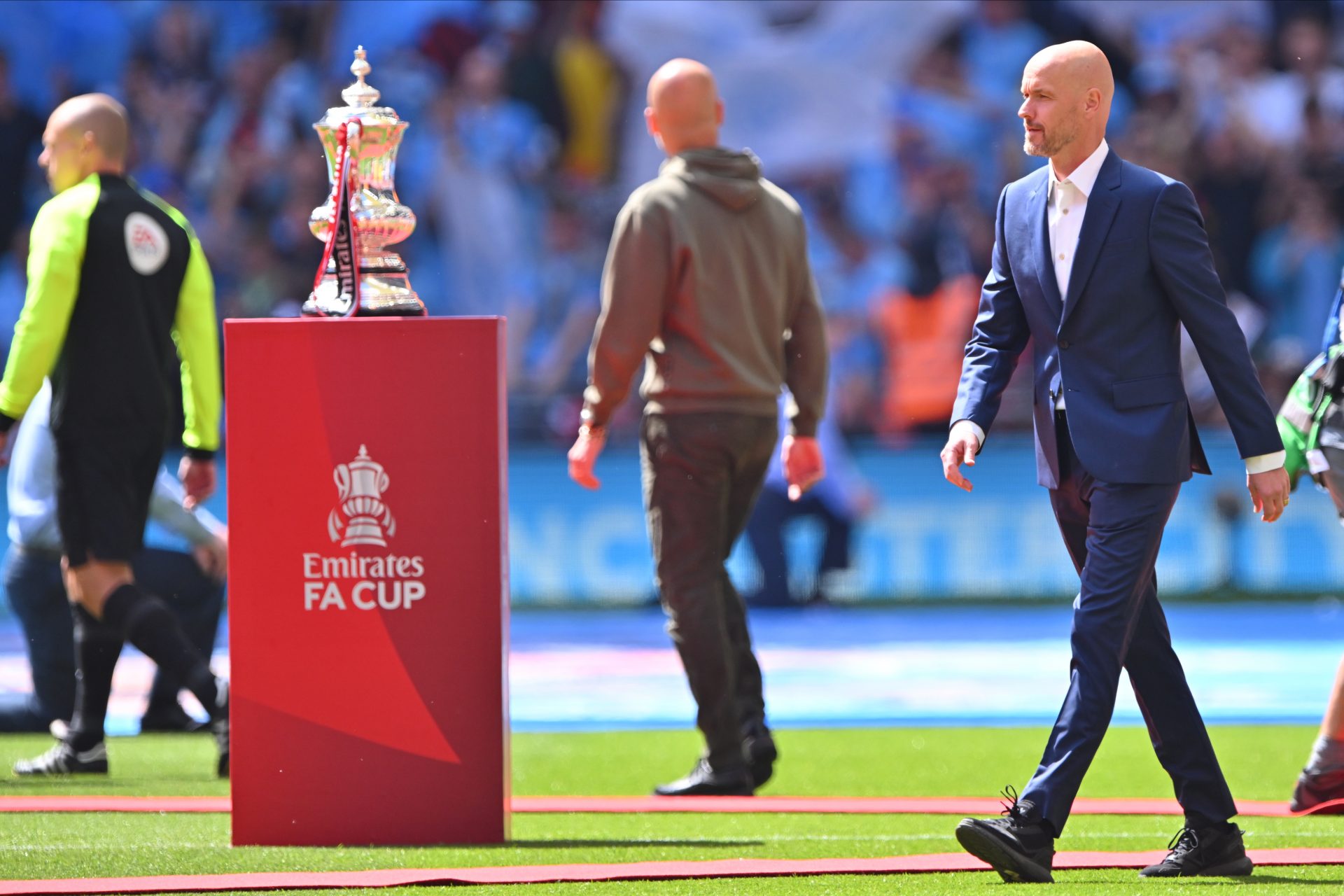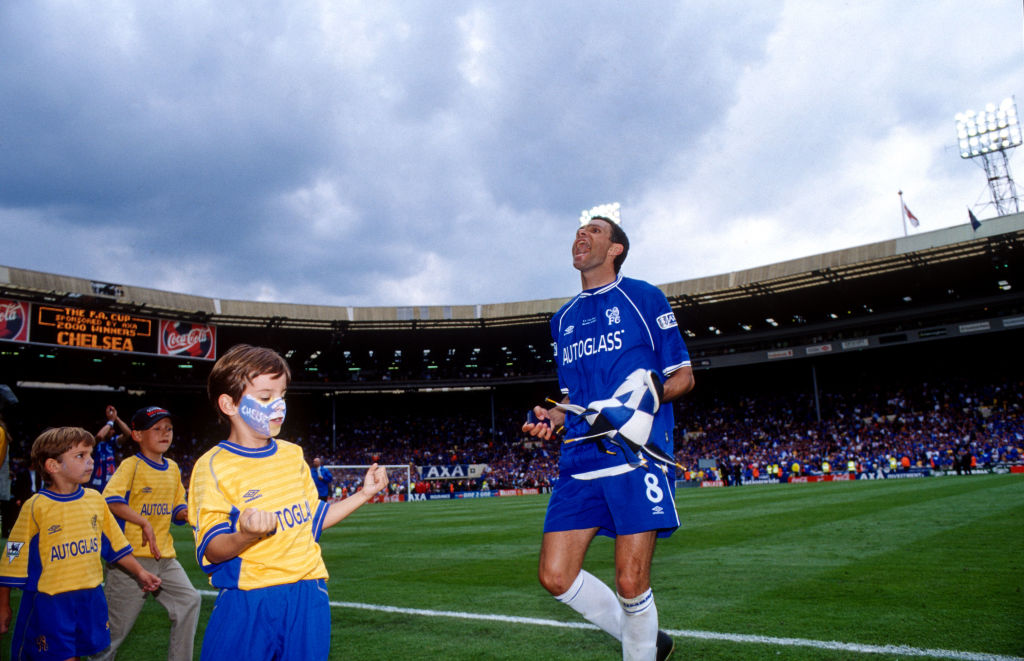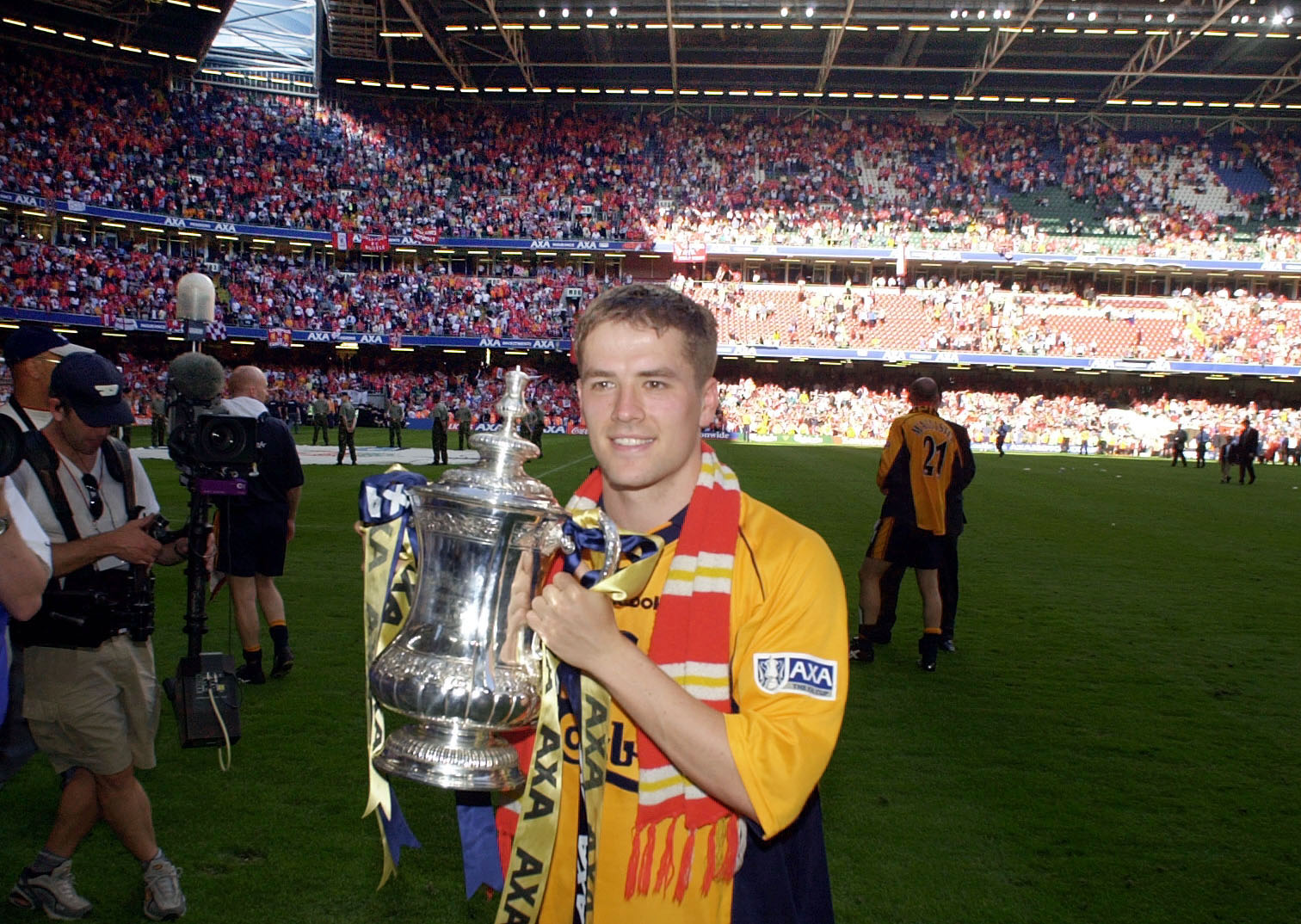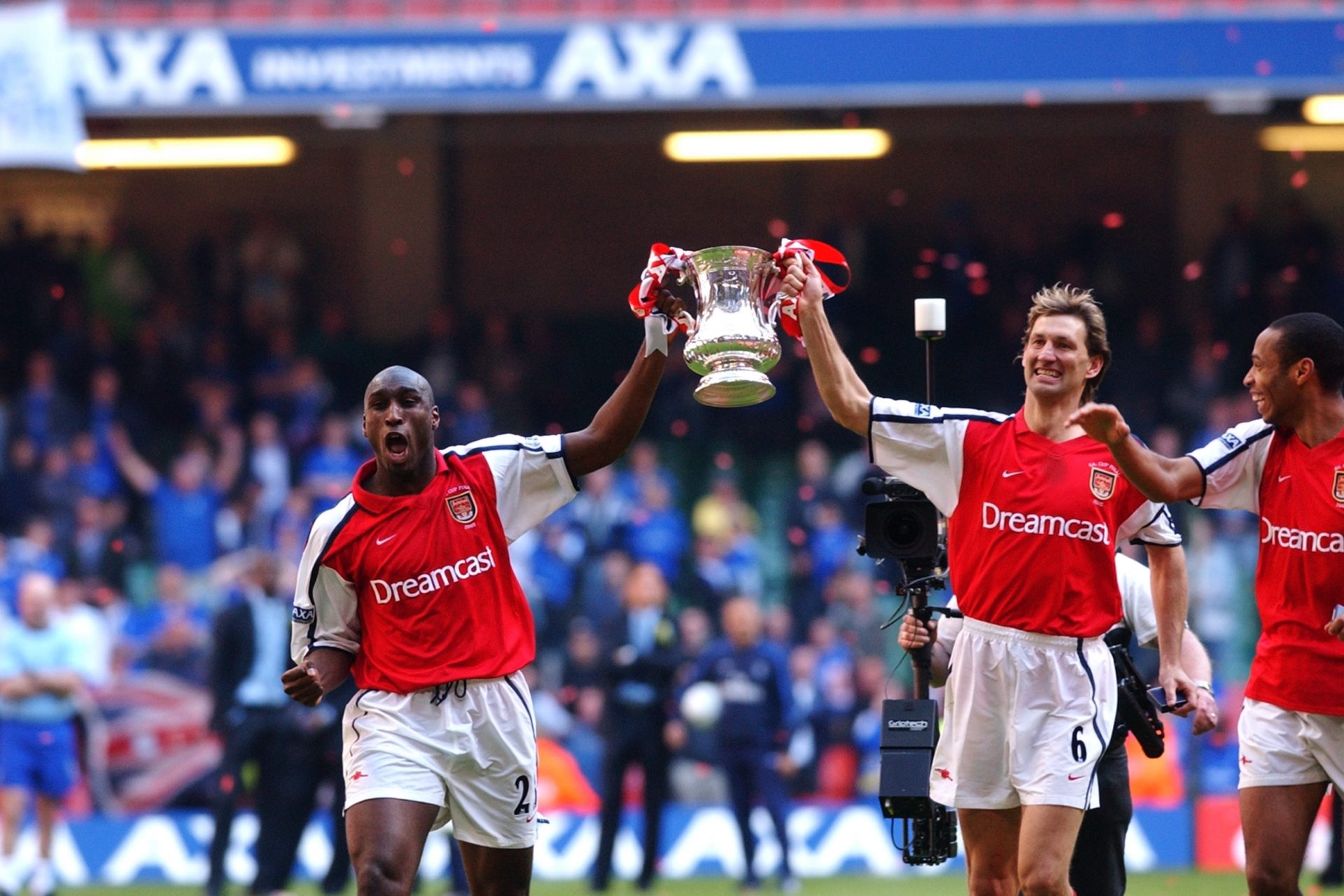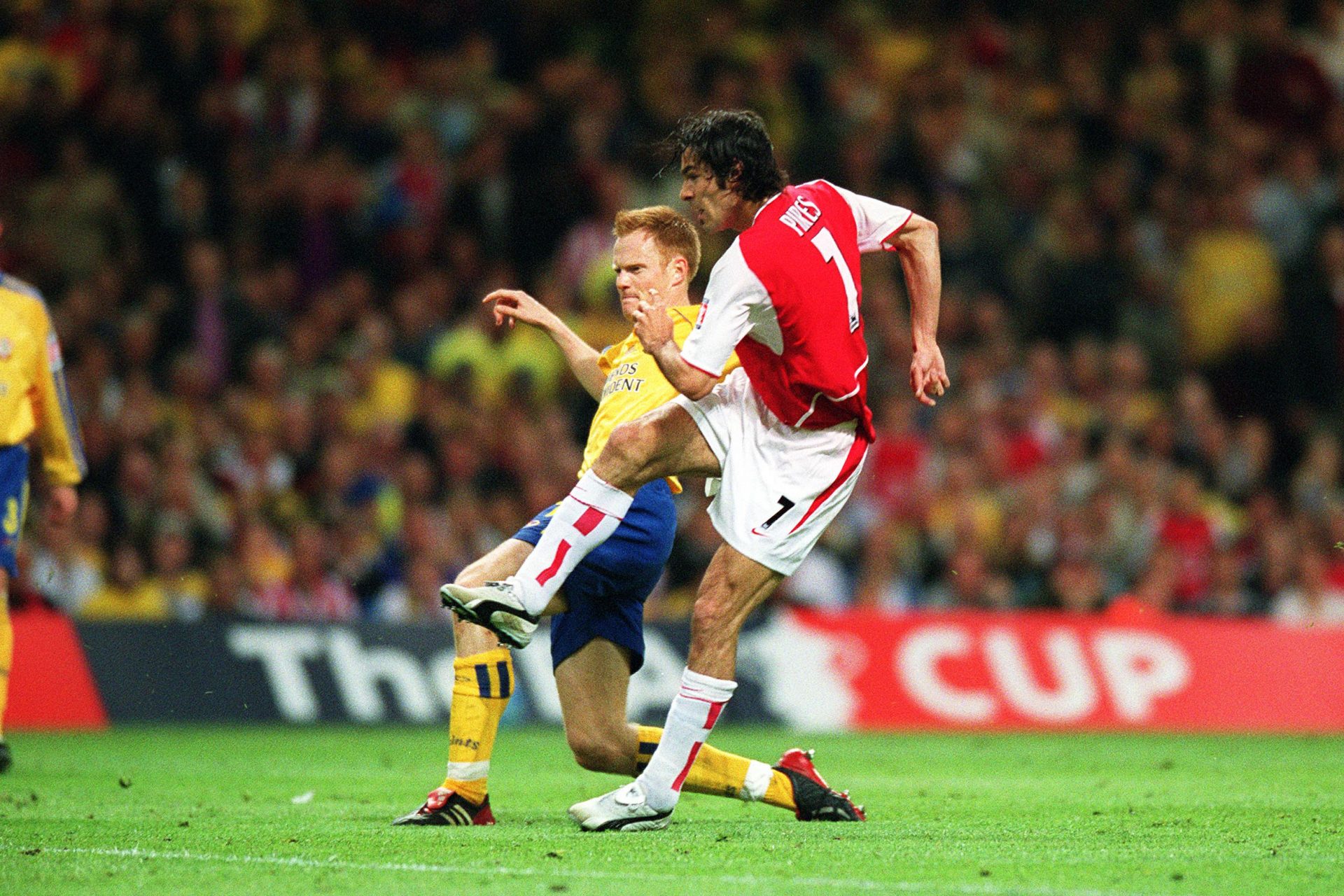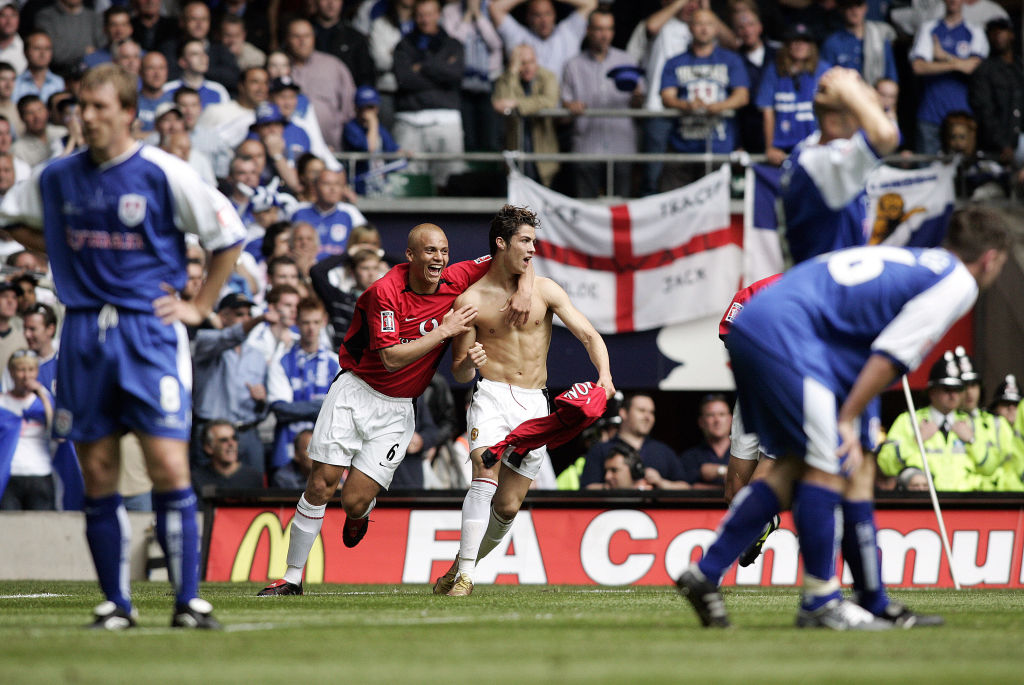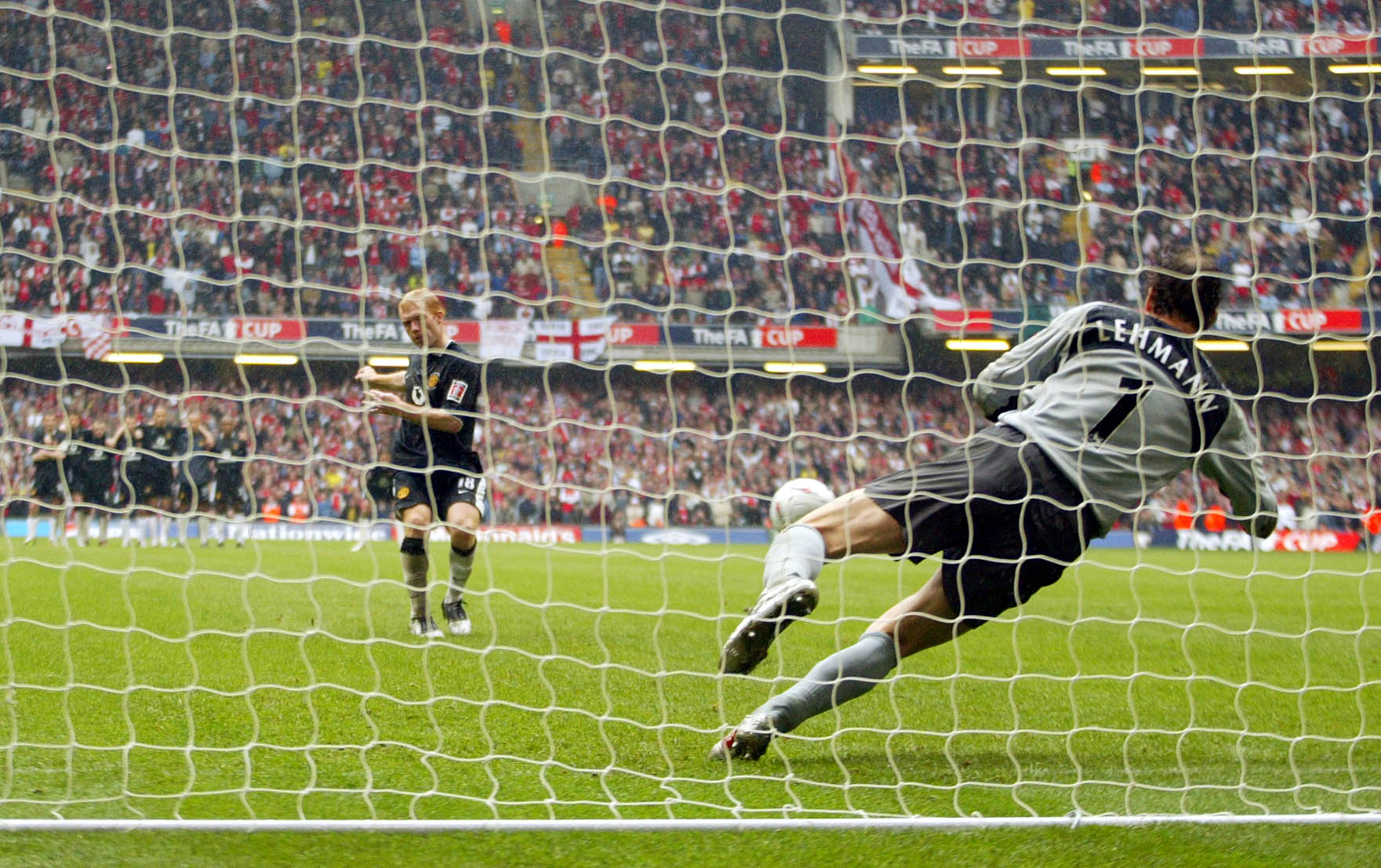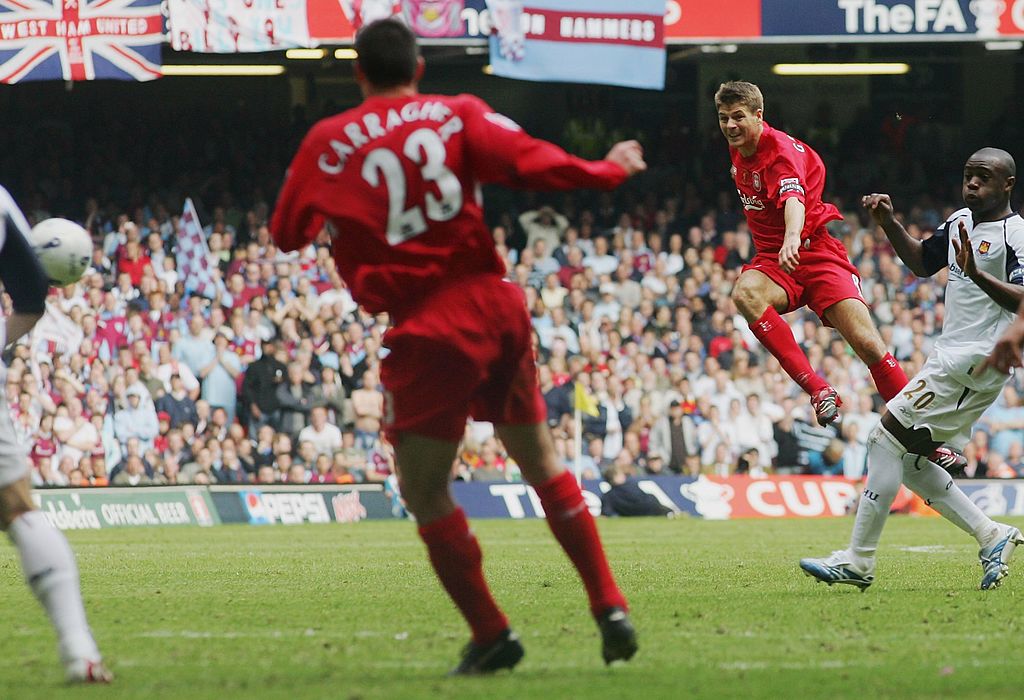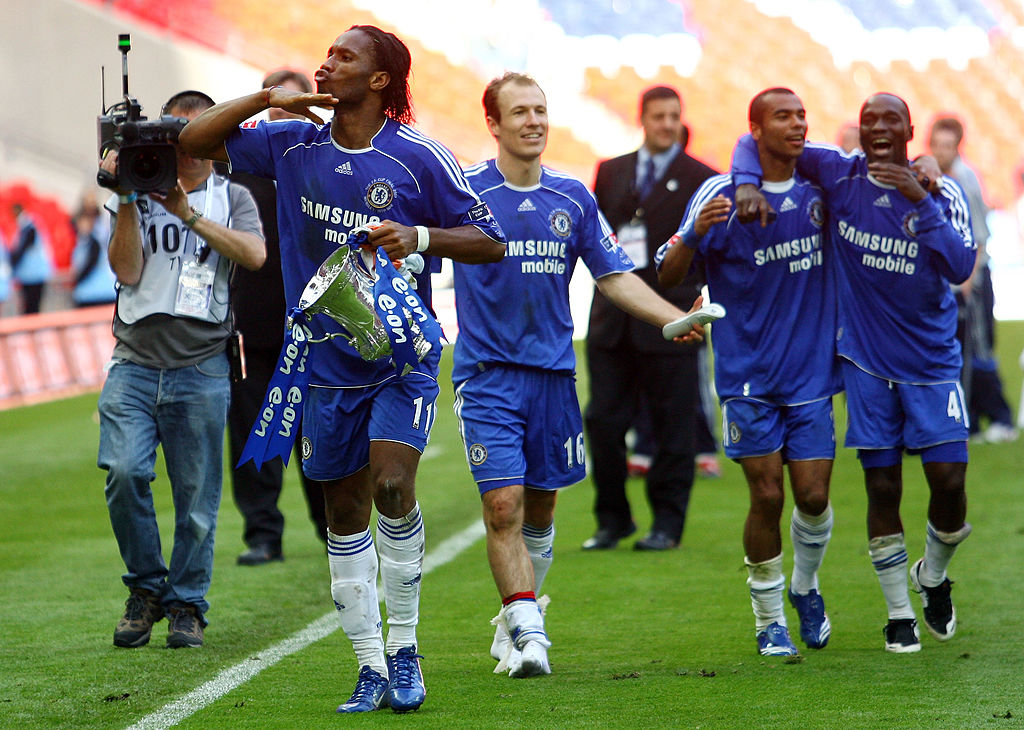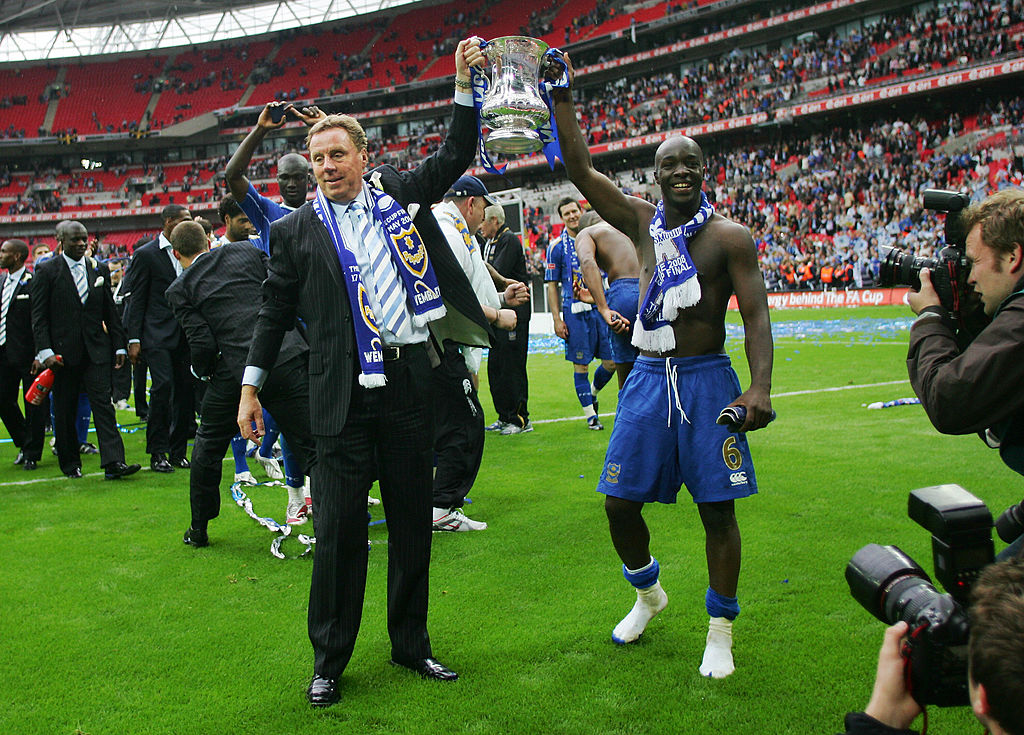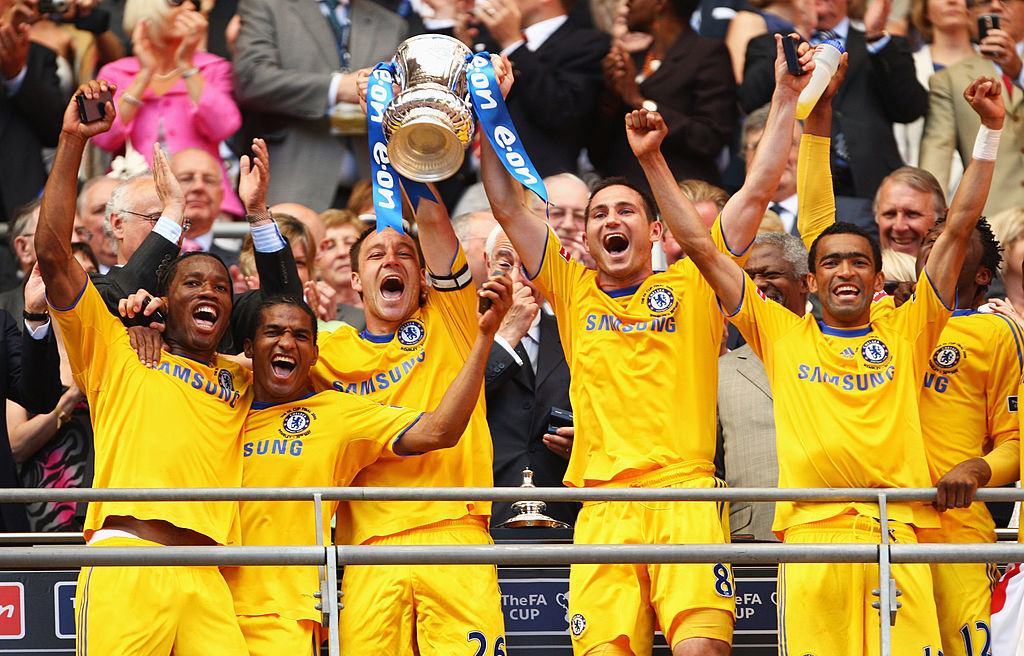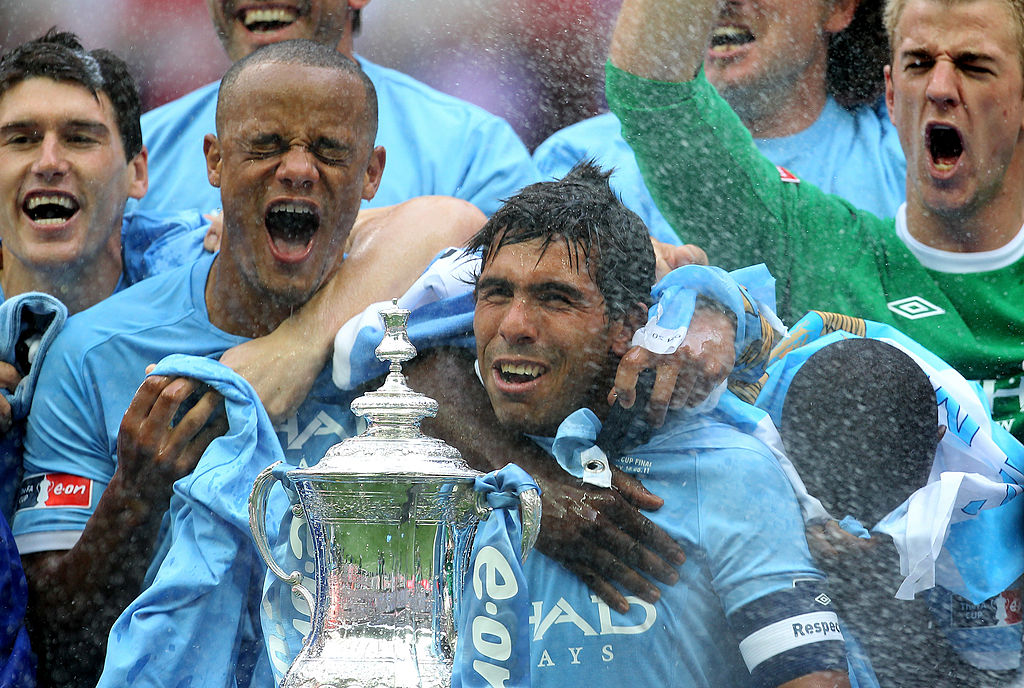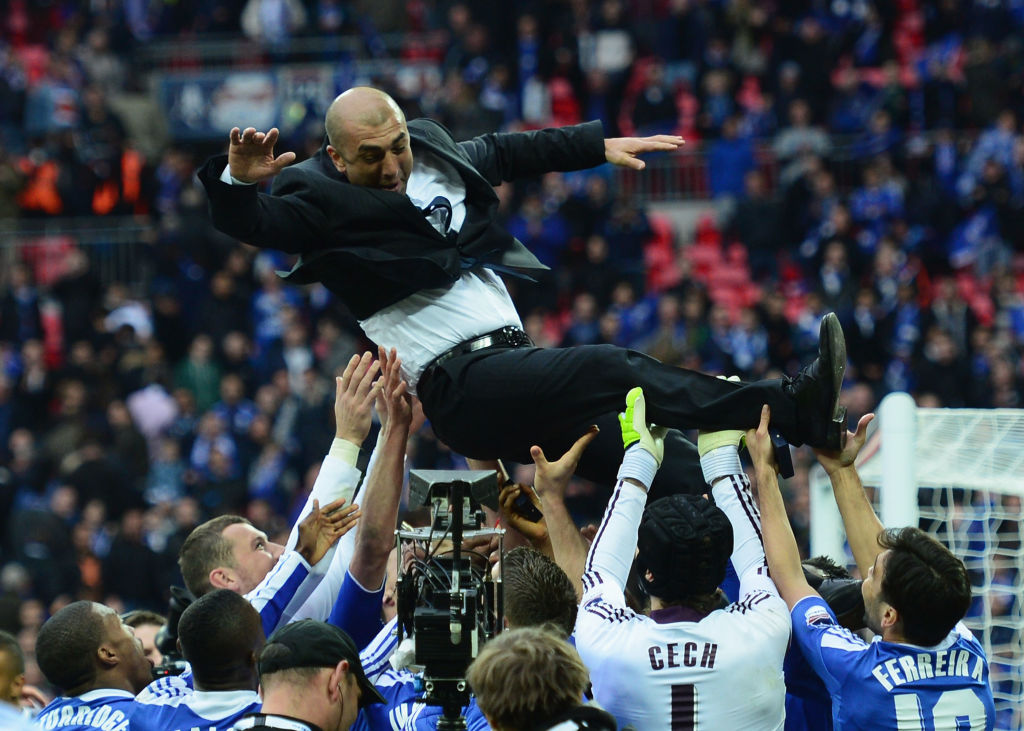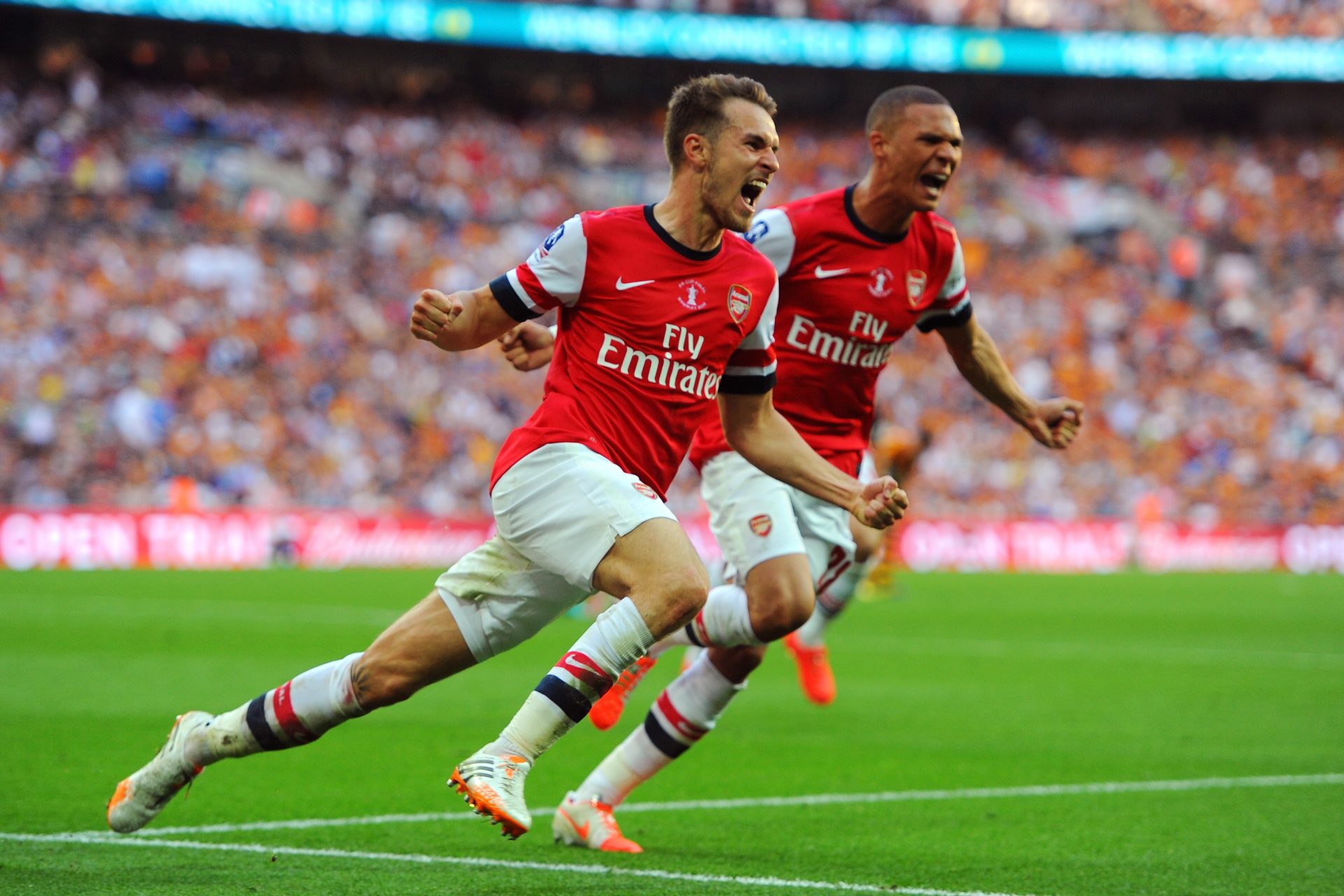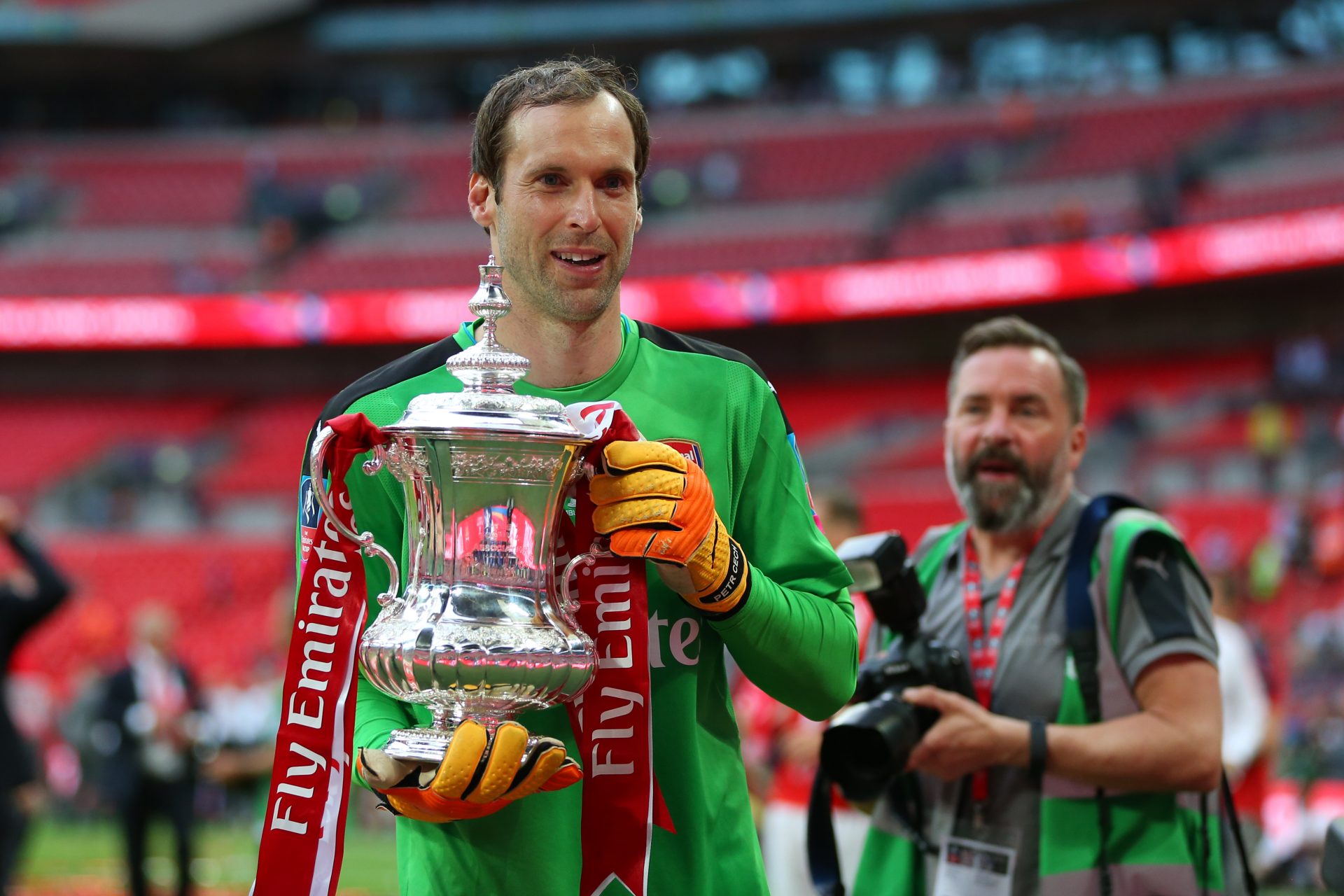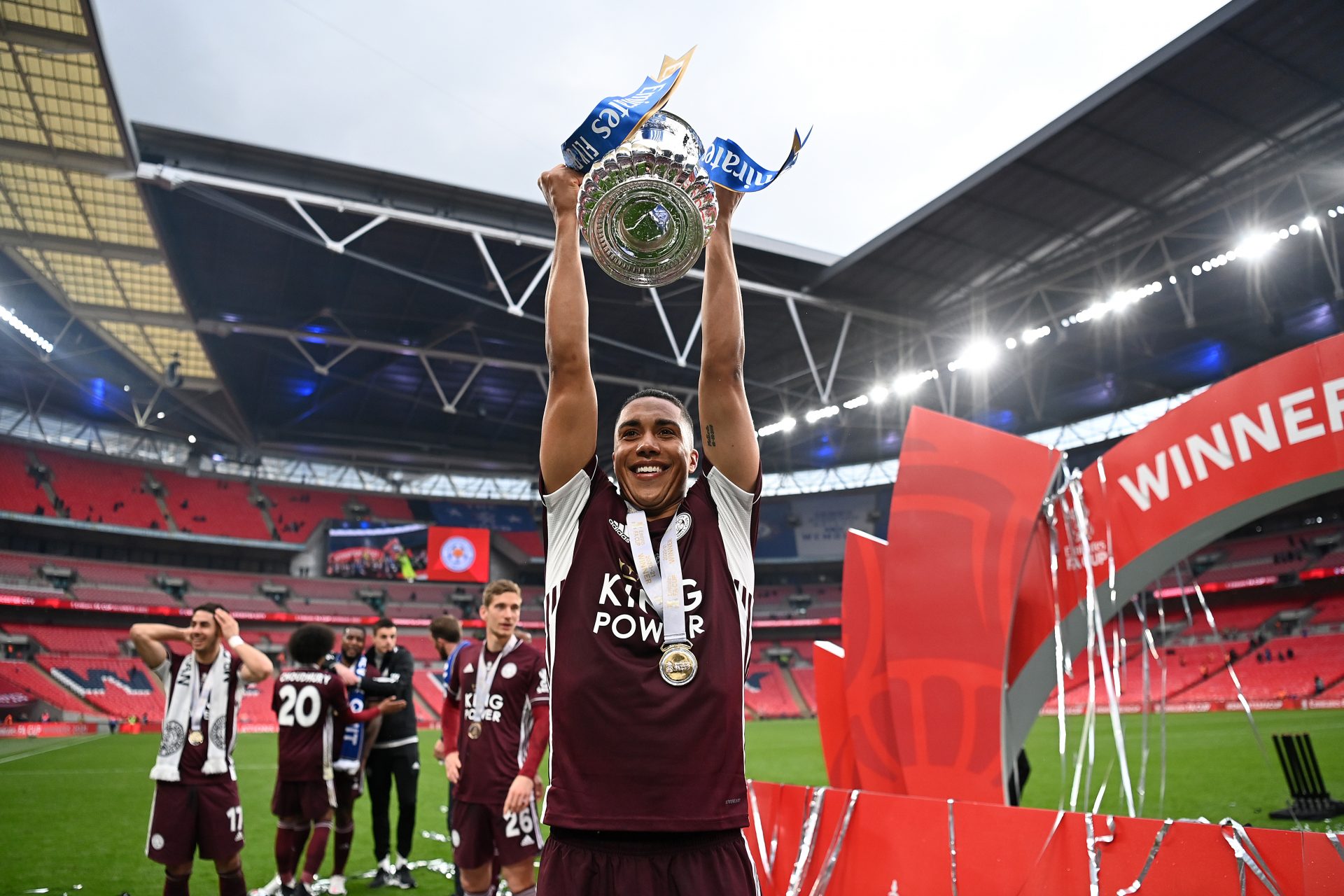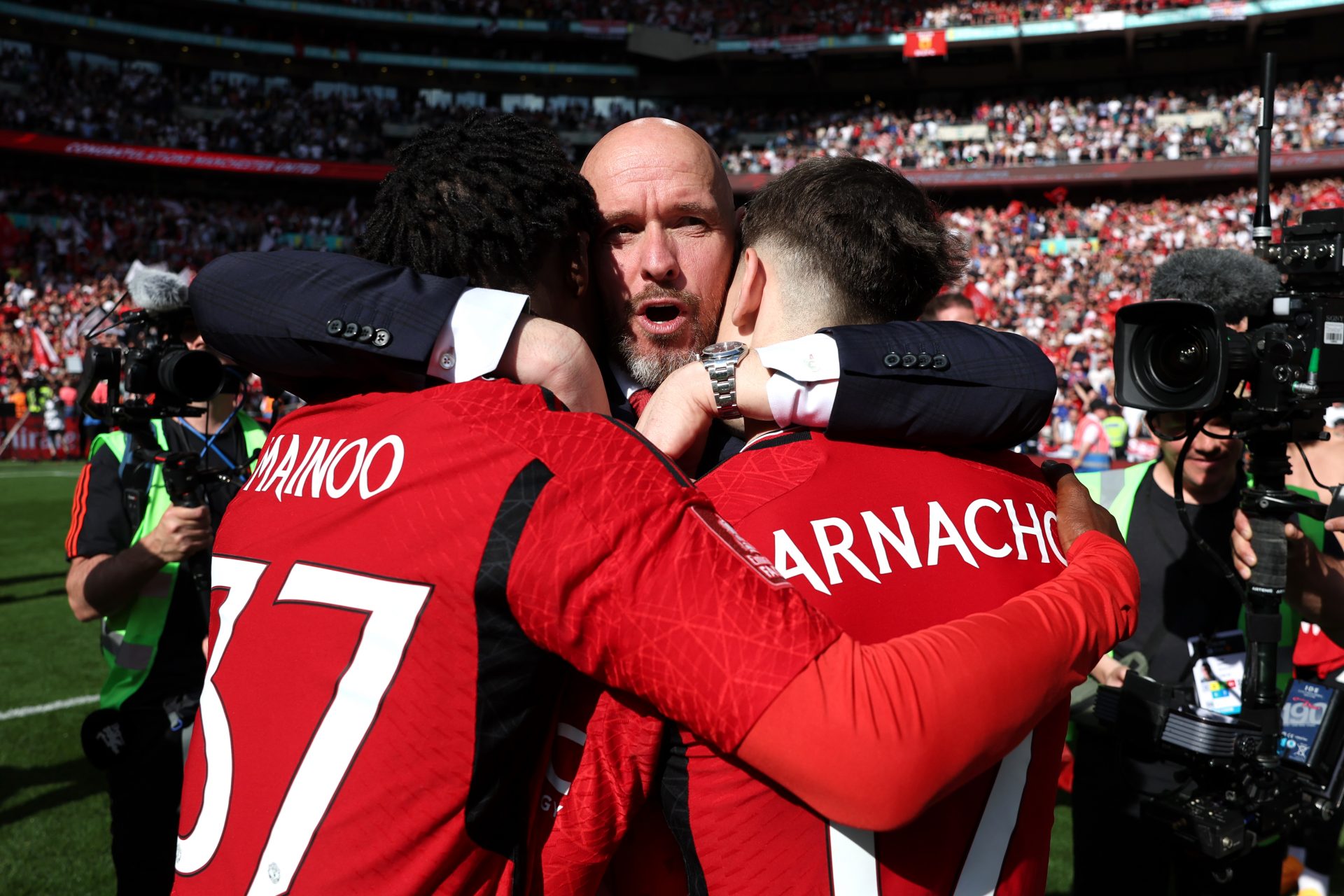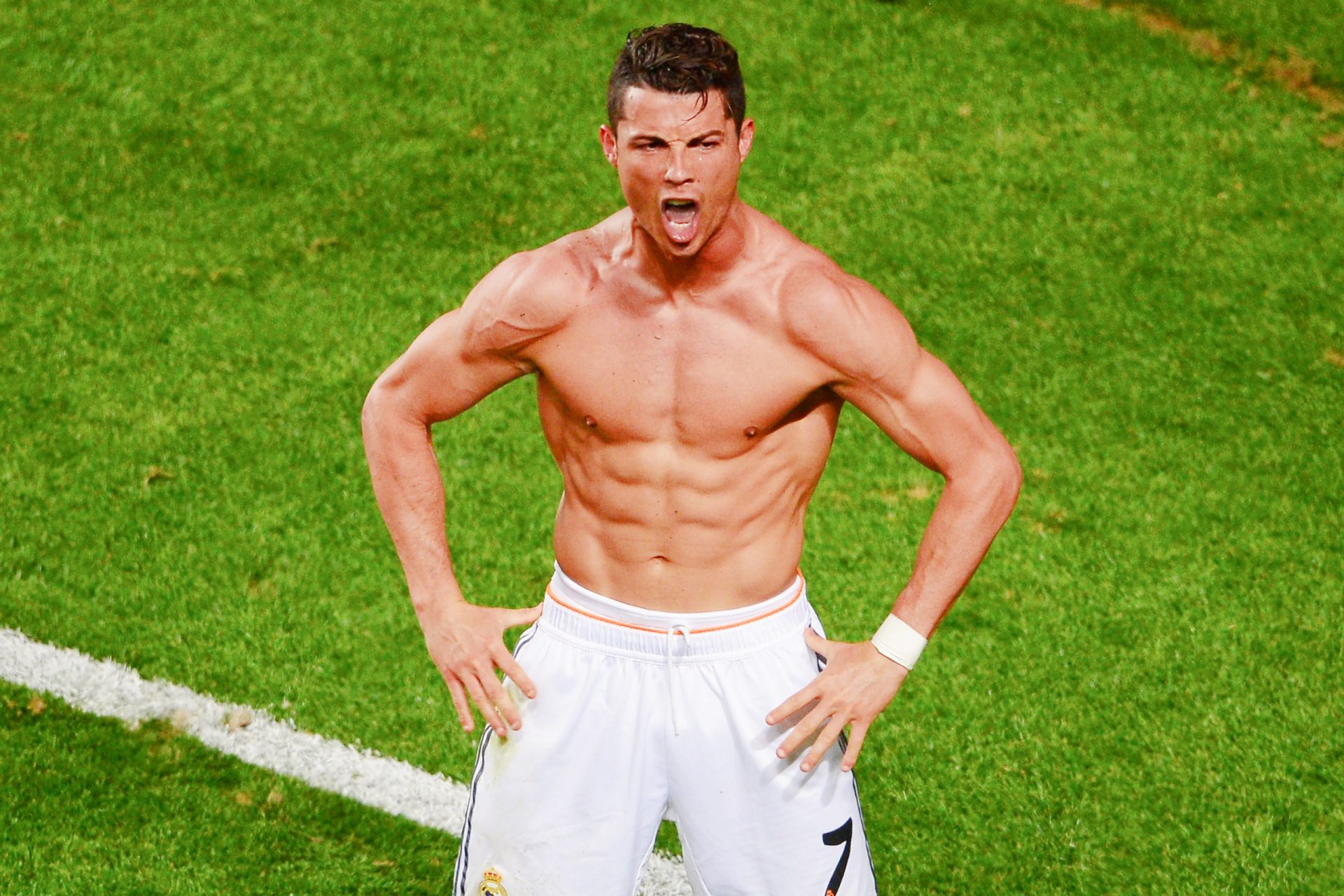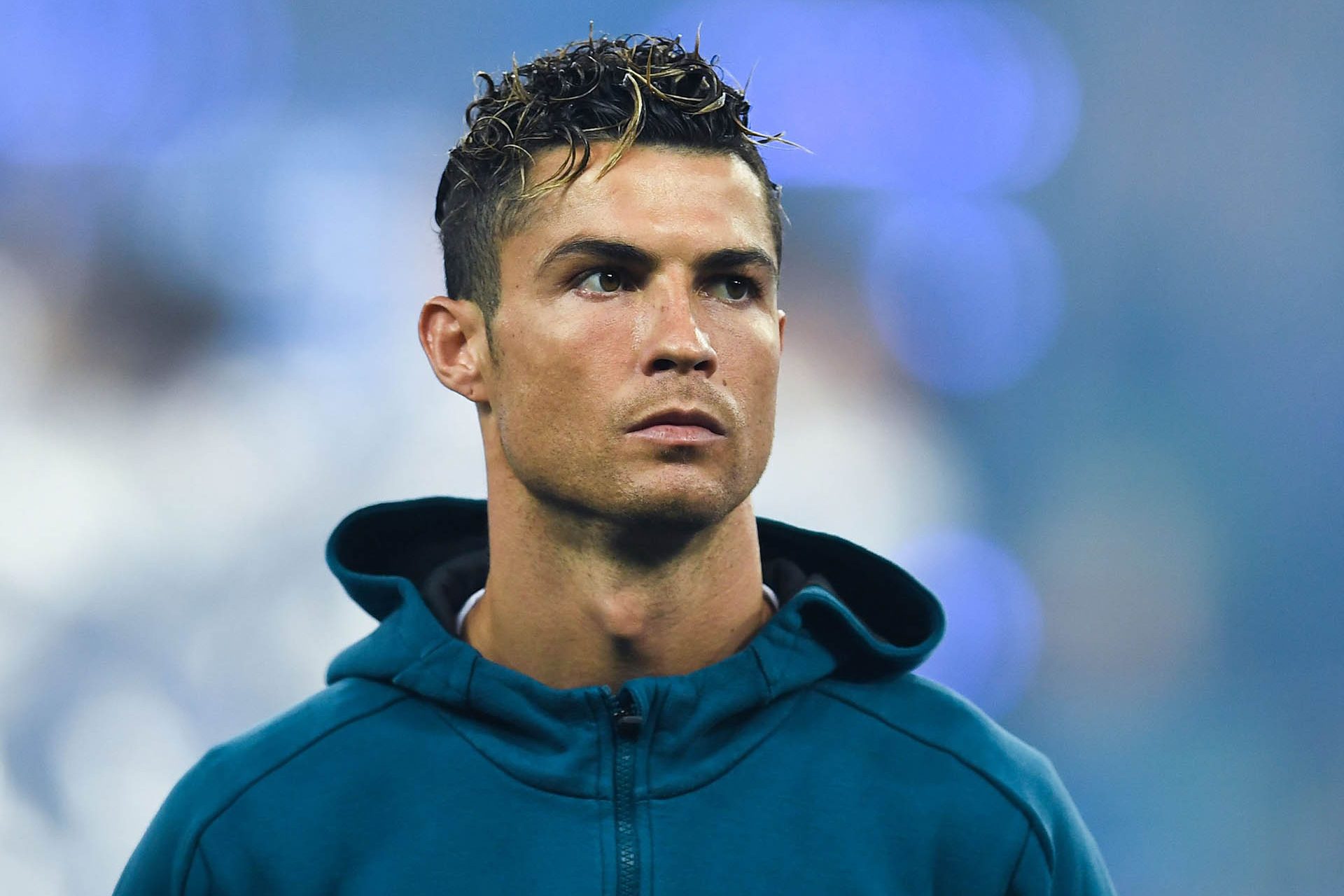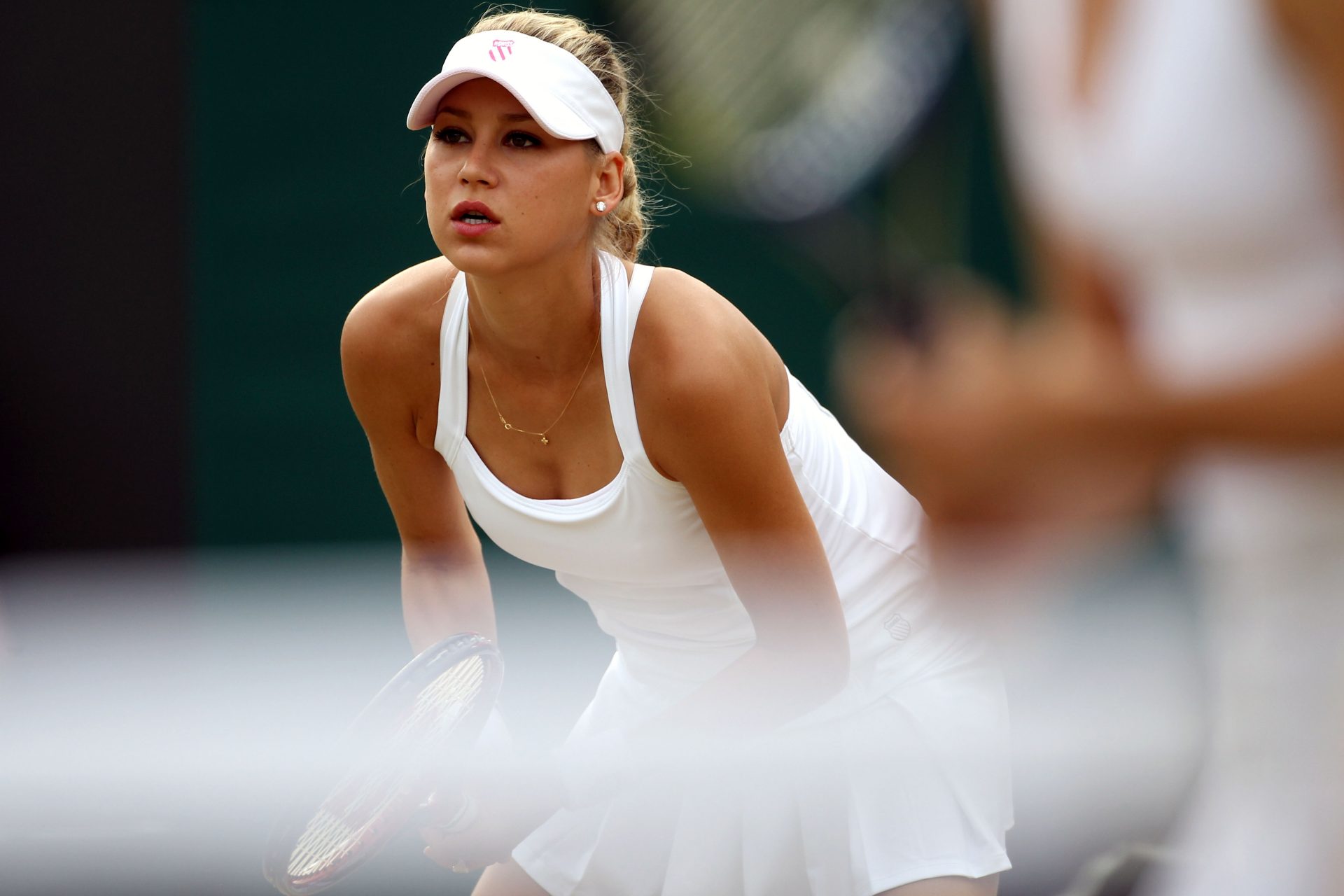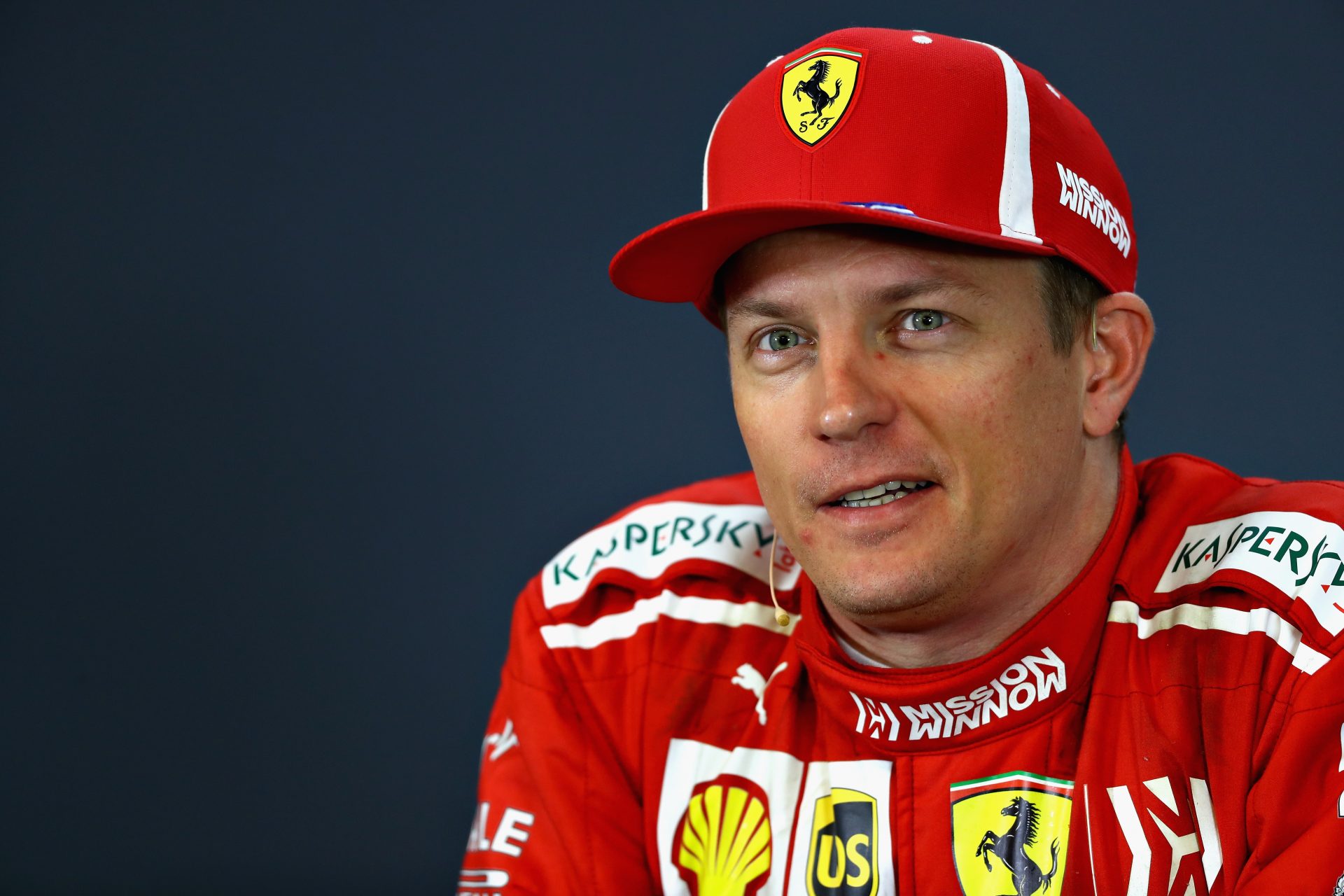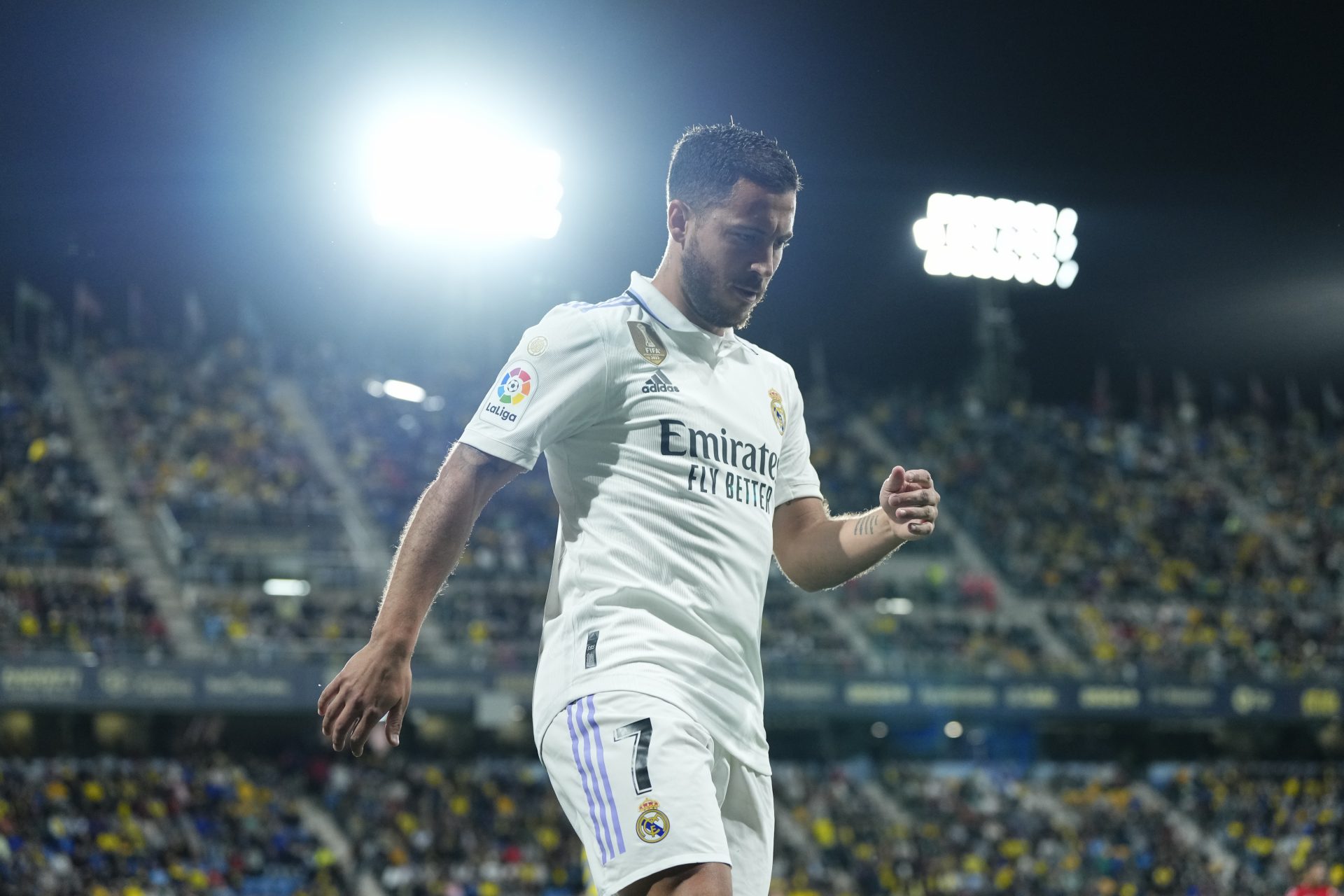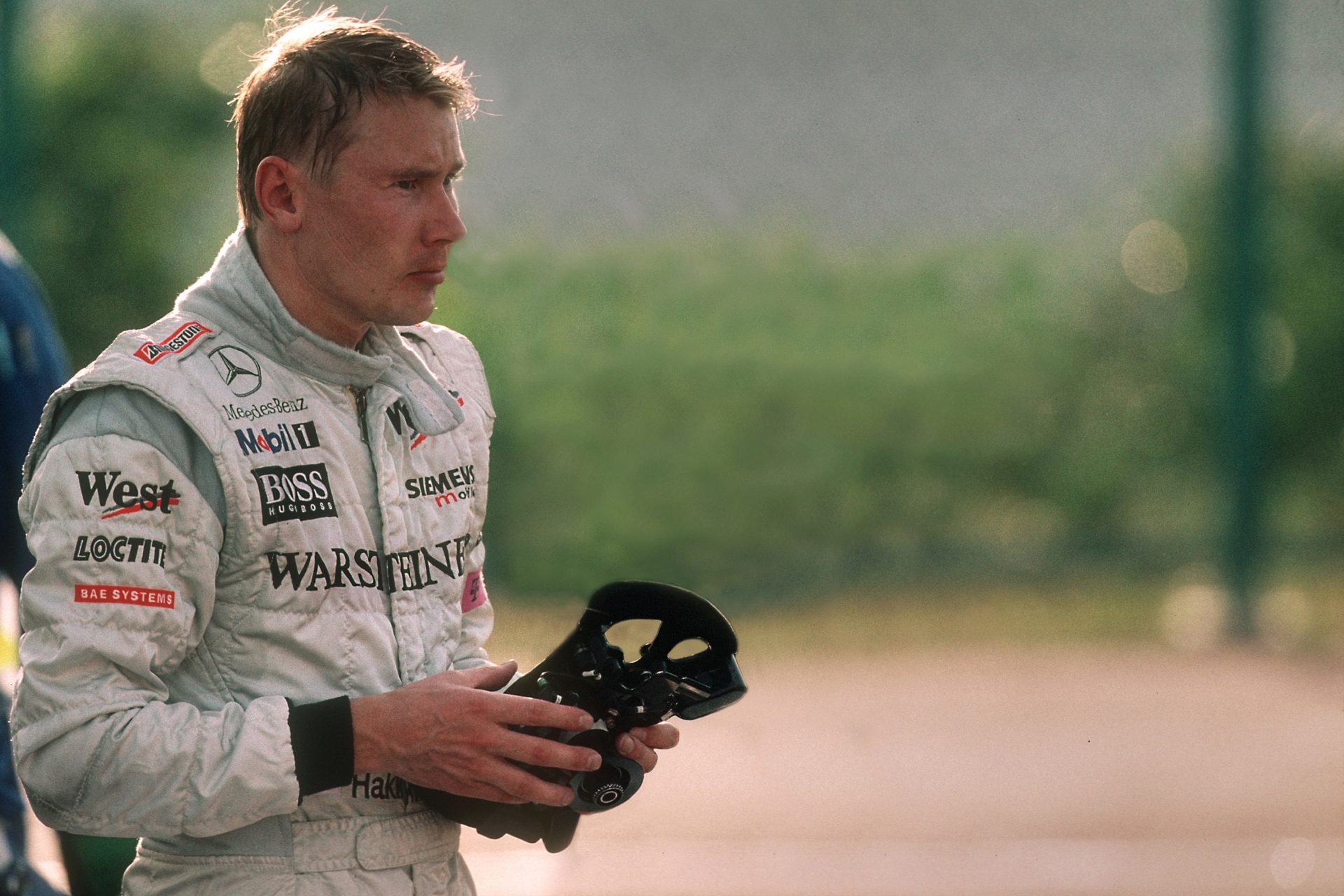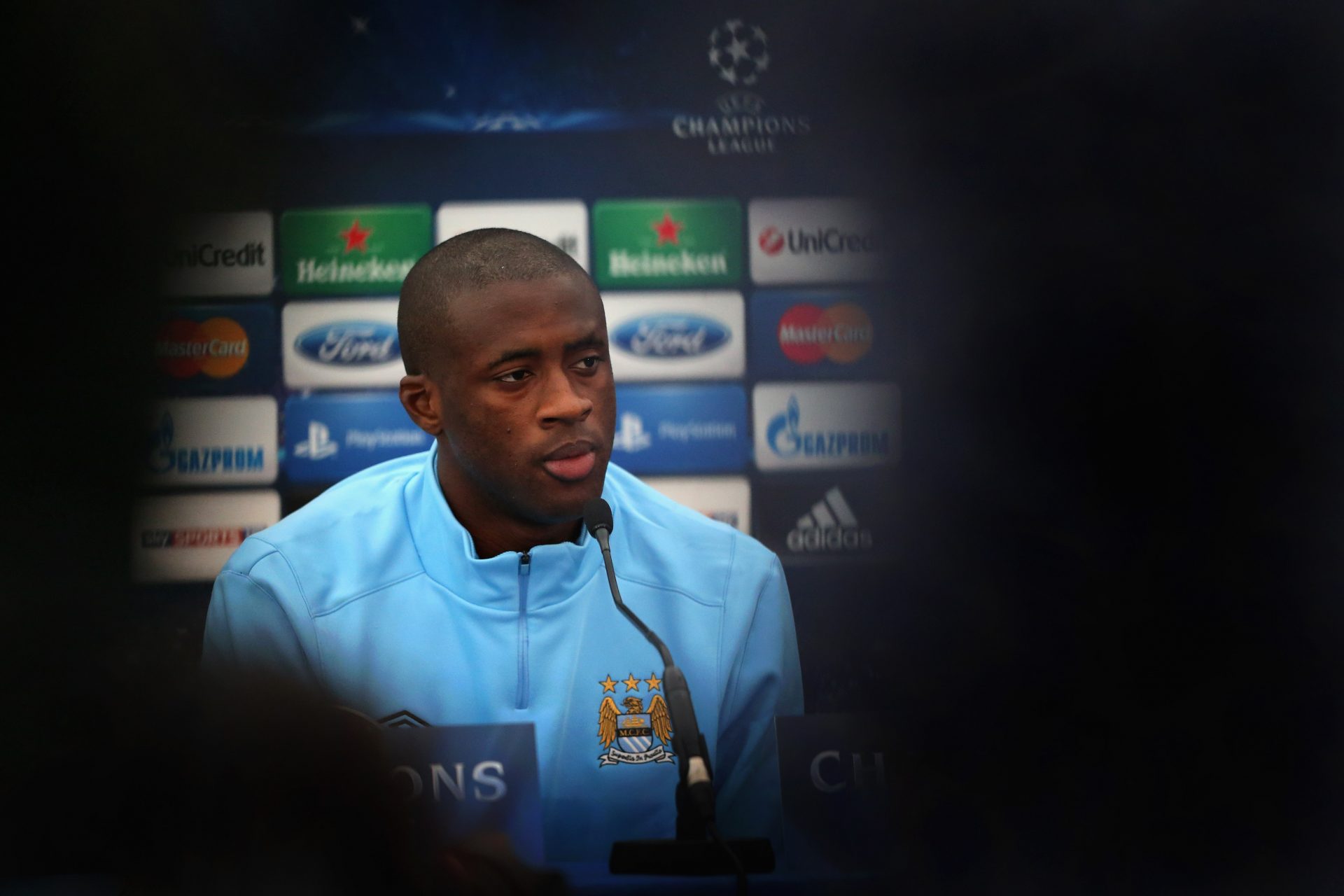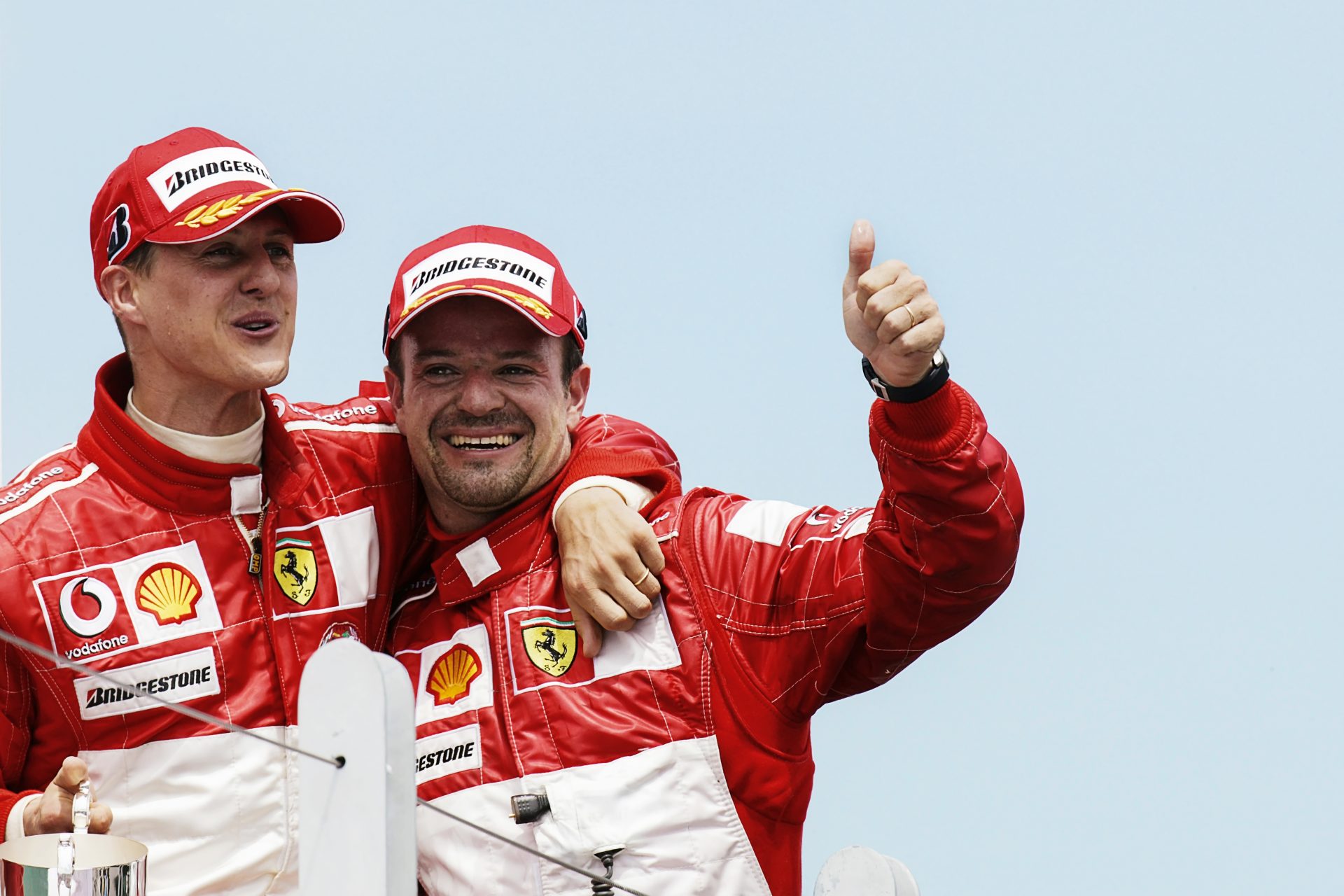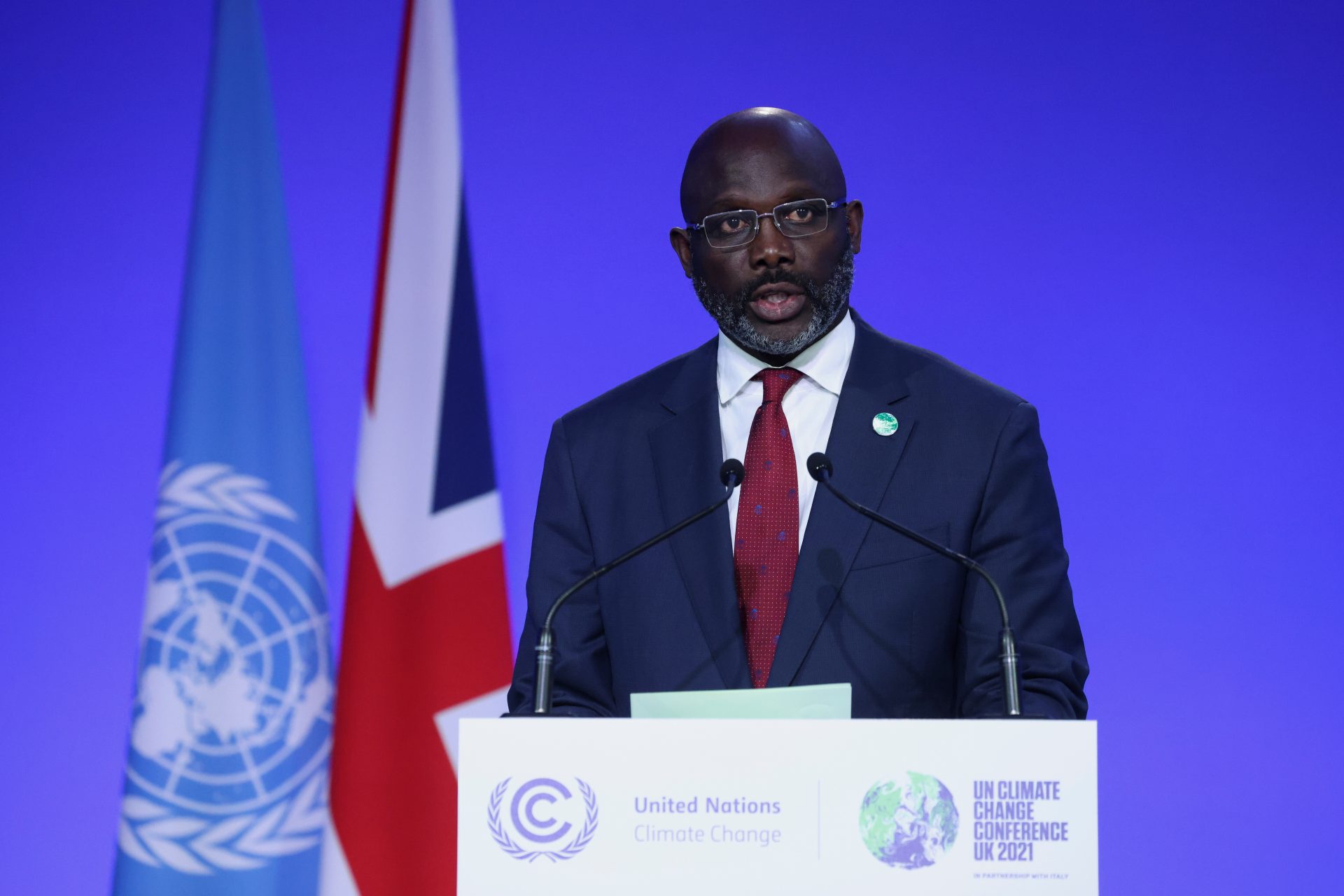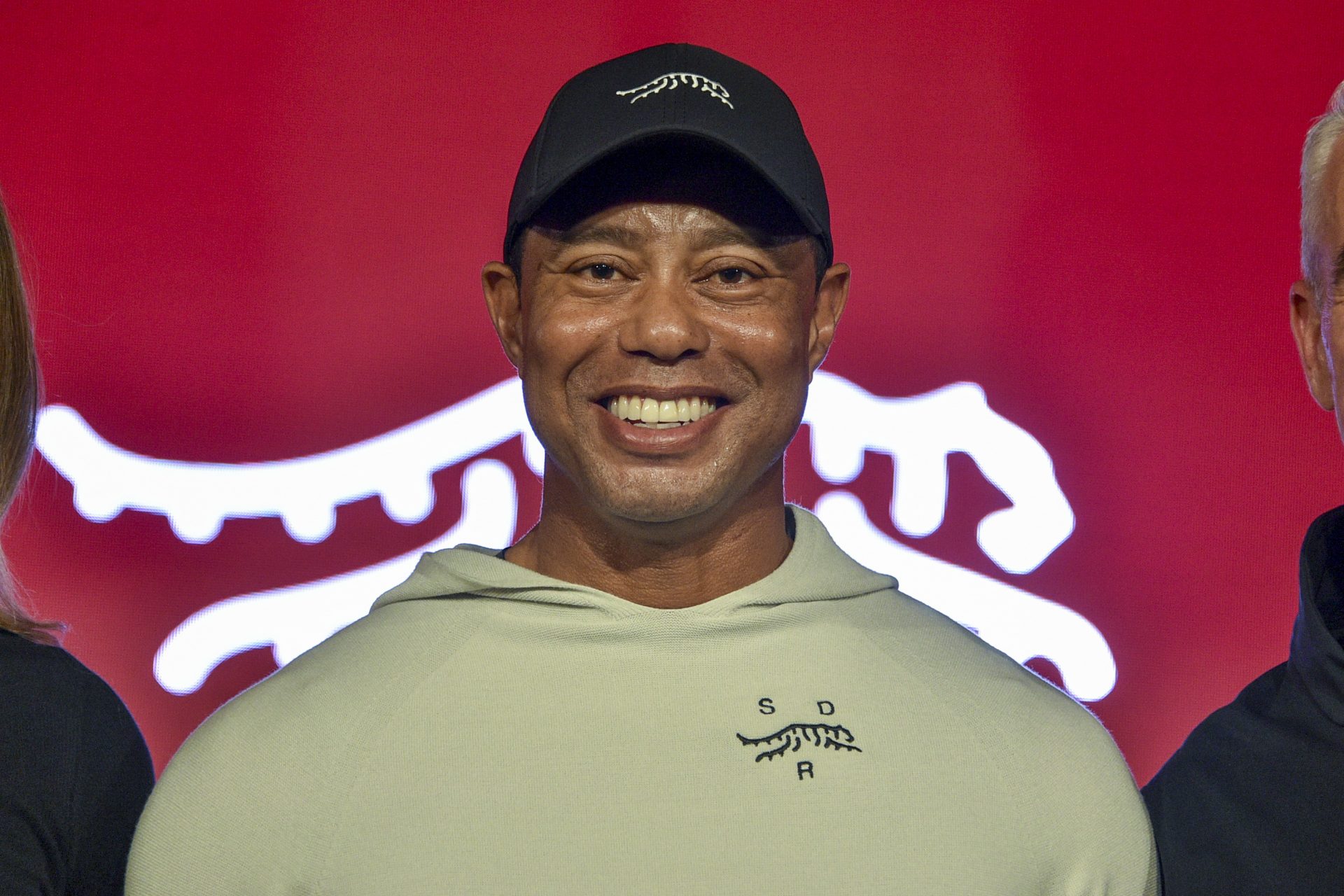A look back at every FA Cup winner since 2000
The FA Cup has delivered unforgettable moments over the years. Since 2000, England’s oldest football competition has been dominated by some of the country’s biggest clubs, with a few surprise victories along the way. Here, we'll revisit every winner of the 21st century so far, detailing their road to the final and the key events of each showpiece match.
In May 2000, Chelsea won their third FA Cup title, defeating Aston Villa 1-0 in the last final played at the old Wembley. Under the management of Gianluca Vialli, Chelsea had a strong campaign, overcoming Hull City, Nottingham Forest, Leicester City, Gillingham and Newcastle United to book their place in the final—their second FA Cup final appearance in four years. The final was a tense and cautious affair, with few clear-cut chances. Roberto Di Matteo, who had scored in the 1997 final, once again proved decisive by netting the only goal of the match in the second half. Chelsea lifted the trophy in front of 78,000 fans, closing out the Wembley era before its demolition and reconstruction.
Liverpool claimed their sixth FA Cup title in 2001, overcoming relatively easy opposition en route to the final. Gerard Houllier’s side defeated Rotherham United, Leeds United, Manchester City, Tranmere Rovers and Wycombe Wanderers to reach the Millennium Stadium in Cardiff. This was Liverpool’s first FA Cup final appearance since their 1996 loss to Manchester United. Arsenal dominated much of the match, with Freddie Ljungberg giving them the lead in the 72nd minute. However, Michael Owen (pictured) turned the game around with two late goals in the 83rd and 88th minutes, making Liverpool the first club to win both the FA Cup and League Cup in the same season since 1994. They also won the UEFA Cup that season.
Want to see more like this? Follow us here for daily sports news, profiles and analysis!
Arsenal returned to the FA Cup final in style the following year. Having beaten Watford, Liverpool, Gillingham, Newcastle United and Middlesbrough, London rivals Chelsea awaited in the final. The match was tightly contested until the second half when Ray Parlour opened the scoring with a stunning long-range strike. Freddie Ljungberg sealed the victory with another impressive goal, ensuring Arsenal lifted their eighth FA Cup. This win secured part one of their famous domestic double, which they completed four days later by winning the league at Old Trafford.
In 2003, Arsenal successfully defended their FA Cup title, becoming the first team since Tottenham in 1982 to do so. Arsène Wenger’s side enjoyed a dominant run to the final, beating Oxford United, Farnborough Town, Manchester United, Chelsea and Sheffield United. Despite missing out on the Premier League title, Arsenal were determined to end the season with silverware. Robert Pires' first-half goal (pictured) settled a tight final at the Millennium Stadium. The Gunners secured their ninth FA Cup title, overtaking Spurs, and capped off another successful domestic campaign.
Manchester United reclaimed the FA Cup in 2004, securing their 11th title and first since 1999. Sir Alex Ferguson’s team overcame Aston Villa, Northampton Town, Manchester City, Fulham and Arsenal to reach the final. The semi-final win over Arsenal was particularly crucial, as it ended the Gunners’ hopes of a historic treble. United dominated the final against First Division side Millwall, who had defied expectations by reaching their first FA Cup final. Cristiano Ronaldo opened the scoring (pictured) before a Ruud van Nistelrooy brace, including a penalty, sealed a comfortable victory. United’s win, their 11th, extended their record as the most successful FA Cup side of the modern era.
In 2005, Arsenal returned to the FA Cup final for the third time in four years, determined to make up for their Premier League struggles. They overcame Stoke City, Wolverhampton Wanderers, Sheffield United, Bolton Wanderers and Blackburn Rovers to set up the first FA Cup final between Arsenal and Manchester United since 1979. After a goalless 120 minutes, the final was decided by a penalty shootout, the first in FA Cup final history. Patrick Vieira scored the winning penalty after Paul Scholes saw his effort saved by Jens Lehmann (pictured). Arsenal won their 10th FA Cup, despite failing to register a shot on target in normal time.
A year after their Champions League heroics in Istanbul, Liverpool reached another FA Cup final. Rafa Benítez’s side defeated Luton Town, Portsmouth, Manchester United, Birmingham City and Chelsea en route to the final. Their opponents, West Ham, were appearing in their first FA Cup final since 1980. One of the greatest FA Cup finals ever saw Liverpool come from 3-1 down, with Steven Gerrard scoring a stunning last-minute equaliser (pictured). The match went to penalties, where Pepe Reina saved three spot-kicks to seal victory. Liverpool’s triumph marked their seventh FA Cup win and earned the match the nickname ‘The Gerrard Final’.
In 2007, Chelsea, under José Mourinho, reached their first FA Cup final since 2002. The Blues defeated Macclesfield Town, Nottingham Forest, Norwich City, Tottenham Hotspur and Blackburn Rovers to book a showdown with Manchester United in the final. A tight, tactical battle saw Didier Drogba score in the 116th minute after a clever one-two with Frank Lampard. It was the first FA Cup final at the rebuilt Wembley and Chelsea’s fourth FA Cup triumph.
In 2008, Portsmouth shocked the football world by winning their first FA Cup since 1939. Harry Redknapp’s side overcame Ipswich Town, Plymouth Argyle, Preston North End, Manchester United and West Bromwich Albion to reach the first FA Cup final without a ‘Big Four’ team since 1991. Nwankwo Kanu scored the only goal in the 37th minute after pouncing on a rebound. Former Arsenal 'Invincible' Sol Campbell captained the side, winning the trophy with a second club.
Want to see more like this? Follow us here for daily sports news, profiles and analysis!
Chelsea returned for their second FA Cup final in three seasons under interim manager Guus Hiddink. They faced an Everton side looking for their first major trophy since 1995. The Toffees' Louis Saha scored after just 25 seconds, the fastest goal in FA Cup final history. However, Didier Drogba equalised before Frank Lampard fired home the winner in the second half to secure the Blues their fifth FA Cup trophy.
Chelsea, now under Carlo Ancelotti, were looking to complete their first-ever domestic double in 2010. They navigated past Watford, Preston North End, Cardiff City, Stoke City and Aston Villa to set up a final against Portsmouth, having already secured the Premier League title a week earlier. Didier Drogba’s free-kick in the second half proved decisive after Kevin-Prince Boateng missed a penalty for Portsmouth. The match marked Pompey's last appearance in an FA Cup final before their financial struggles led to successive relegations.
In 2011, Manchester City ended a 35-year trophy drought by winning their first major honour since 1976. Roberto Mancini’s side beat Leicester City, Notts County, Aston Villa, Reading and Manchester United before taking on Stoke City, who were appearing in their first-ever FA Cup final. Manchester City secured their fifth FA Cup and laid the foundation for future success as Yaya Touré scored the only goal with a powerful strike in the 74th minute. This victory signalled the start of a new era for City, who would go on to dominate English football in the coming years.
In 2012, Chelsea reached their fourth FA Cup final in six seasons, with Roberto Di Matteo taking charge mid-season. They overcame Portsmouth, QPR, Birmingham City, Leicester City and Tottenham Hotspur to book their place in the final against Kenny Dalglish's Liverpool, who were looking for a domestic cup double after winning the League Cup. Ramires put Chelsea ahead early before Didier Drogba became the first player to score in four different FA Cup finals. Andy Carroll pulled one back for Liverpool and was controversially denied an equaliser when Petr Čech made a stunning goal-line save.
Wigan Athletic produced one of the biggest shocks in FA Cup history, winning their first major trophy in 2013. Roberto Martínez’s side defeated Bournemouth, Macclesfield, Huddersfield, Everton and Millwall to reach the final, where they faced Premier League champions Manchester City, who were overwhelming favourites. In one of the biggest FA Cup final upsets, Ben Watson scored a 91st-minute header to win the cup for Wigan. The club became the first team to win the FA Cup and be relegated from the Premier League in the same season. That said, it remains Wigan’s greatest-ever achievement.
In 2014, Arsenal reached their first FA Cup final since 2005, aiming to end a nine-year trophy drought. They defeated Tottenham, Coventry City, Liverpool, Everton, and Wigan (on penalties) en route to Wembley. Their opponents, Hull City, were appearing in their first-ever FA Cup final. Hull stunned Arsenal by taking a 2-0 lead inside eight minutes, but Santi Cazorla’s free-kick and Laurent Koscielny’s goal forced extra time. Aaron Ramsey completed the comeback in the 109th minute (pictured), securing Arsenal’s 11th FA Cup title and ending Arsenal’s long wait for silverware.
In 2015, Arsenal successfully defended their FA Cup title, defeating Hull City, Brighton, Middlesbrough, Manchester United, and Reading on the way to the final. At Wembley, they faced Aston Villa, who had beaten Liverpool in the semi-finals. Arsenal dominated the final, with Theo Walcott, Alexis Sánchez, Per Mertesacker and Olivier Giroud all scoring. This was Arsenal’s 12th FA Cup triumph, overtaking Manchester United as the most successful team in the competition’s history at the time.
Want to see more like this? Follow us here for daily sports news, profiles and analysis!
Manchester United won their first FA Cup since 2004 under the stewardship of Louis van Gaal. They overcame Sheffield United, Derby County, Shrewsbury Town, West Ham and Everton to set up a final against Crystal Palace, who were making their first FA Cup final appearance since 1990. Jason Puncheon gave Palace the lead before Juan Mata quickly equalised. In extra time, Jesse Lingard scored a stunning volley in the 110th minute to win the cup. This was United’s 12th FA Cup triumph (drawing level with Arsenal again), and, despite the win, Van Gaal was sacked just two days later.
Arsenal reached their third FA Cup final in four years in 2017, overcoming Preston, Southampton, Sutton United, Lincoln City and Manchester City on their way to the final. At Wembley, they faced Chelsea, who had already won the Premier League and were aiming for a league and cup double. Alexis Sánchez gave Arsenal an early lead, and, despite a Diego Costa equaliser, Aaron Ramsey scored the winner just minutes later. Wenger won his seventh FA Cup, making him the most successful manager in the competition’s history.
Chelsea returned to Wembley in 2018 aiming to make up for their Premier League disappointment (they came fifth). Antonio Conte’s side defeated Norwich City, Newcastle United, Hull City, Leicester City and Southampton en route to the final, where they would face Manchester United, managed by former Chelsea boss José Mourinho. Eden Hazard scored the only goal from the penalty spot in the first half after being fouled by Phil Jones. Chelsea defended resolutely to secure their eighth FA Cup title. Despite delivering silverware, Conte (pictured) left the club soon after.
Manchester City, under Pep Guardiola, beat Rotherham United, Burnley, Newport County, Swansea City and Brighton to reach the 2019 final. Their opponents, Watford, were massive underdogs, appearing in just their second-ever FA Cup final. City produced the biggest FA Cup final win since 1903, with goals from David Silva, Kevin De Bruyne and a brace apiece from Gabriel Jesus and Raheem Sterling. This was their sixth FA Cup title and sealed the first-ever domestic treble in English football history.
Arsenal, under Mikel Arteta, aimed to rescue a difficult season after Unai Emery was sacked in November 2019. They defeated Leeds United, Bournemouth, Portsmouth, Sheffield United and Manchester City to reach the final, which was played behind closed doors because of the Covid-19 pandemic. Christian Pulisic gave Chelsea the lead, but Pierre-Emerick Aubameyang equalised from the penalty spot before scoring a brilliant winner. Arsenal extended their record to 14 FA Cup wins, with Arteta becoming the first person to win the trophy as both a player and manager for the same club.
In 2021, Leicester City reached their first FA Cup final since 1969. Brendan Rodgers’ side overcame Stoke City, Brentford, Brighton, Manchester United and Southampton to set up a final against Chelsea, played in front of just 20,000 people at Wembley. Youri Tielemans (pictured) scored a stunning long-range goal to give Leicester their first FA Cup in their 137-year history. Kasper Schmeichel made crucial saves late on, and a last-minute Chelsea equaliser was ruled out by VAR. The Foxes became the 44th different club to win the trophy.
In 2022, Liverpool reached their first FA Cup final in ten years. To reach Wembley, Jürgen Klopp’s side defeated Shrewsbury Town, Cardiff City, Norwich City, Nottingham Forest and Manchester City. Chelsea, their opponents, were appearing in their third consecutive FA Cup final. A tense, goalless final went to penalties, with Kostas Tsimikas (pictured) scoring the winning spot-kick after Mason Mount’s miss. Liverpool won their eighth FA Cup and completed a domestic cup double after also winning the League Cup against Chelsea on penalties.
In 2023, Pep Guardiola's Manchester City sought to complete a historic treble. In their way were cross-city rivals Manchester United, who were aiming to stop them from replicating their own 1999 treble. Ilkay Gündoğan scored the fastest-ever FA Cup final goal after just 13 seconds. Bruno Fernandes equalised with a penalty, but Gündoğan struck again in the second half. City’s victory helped them secure their second-ever FA Cup under Guardiola and complete the set, alongside the Premier League and Champions League.
In a repeat of the previous year's final, Manchester United were looking to exact their revenge in 2024 and prevent City from winning back-to-back FA Cups and completing a domestic double. Alejandro Garnacho opened the scoring in the 30th minute, capitalising on a defensive error, before Kobbie Mainoo doubled United's lead before half time. City's Jérémy Doku pulled one back late in the game, but United held on to claim their 13th FA Cup title.
Want to see more like this? Follow us here for daily sports news, profiles and analysis!
More for you
Top Stories



